Estimated reading time: 9 minutes
Quail are quickly becoming a favorite bird for homesteaders to raise. Raising quail for beginners is so easy, and since they’re so compact and small, they’re perfect for urban homesteaders. Despite their small size, quail are versatile and worth adding to your flock.
Homesteaders always want to find new ways to make a profit or add homegrown food to their property. Quail is an excellent solution. They're a versatile bird providing your family with delicious eggs.
Keep reading to find out why you might want to try raising quail.
Want to save this post for later? Click Here to Pin It On Pinterest!
What Are Quail?
Quail aren’t a member of the poultry family. Instead, they’re a member of the pheasant family, and they look similar to partridges. There are more than one hundred breeds of quail all around the world.
Technically, quail are a wild game bird, so not all are ideal for backyard homesteaders. A few of the common breeds of quail for homesteaders include:
- Coturnix
- California Quail
- Northern Bobwhite Quail
After raising chickens, raising quail is no big deal, but there are some differences. If you’re looking for some versatility or something new to try, raising quail for eggs or meat is a great idea.
6 Reasons to Raise quail
Why are so many people deciding to raise quail? Despite being wild game birds, they offer homesteaders several benefits that make them quite appealing. Let’s look at the reasons why you might decide to raise quail.
1. They're Small
Quail are a small game bird; they’re smaller than a bantam-breed chicken. For those living in the city, their small size is a huge benefit when compared to chickens. It’s entirely possible to keep quail on a balcony or a small backyard coop without any issues.
Really – they’re that small.
While some cities have restrictions on raising chickens, you’ll be hardpressed to find a city that restricts raising quail. It’s a simple loophole because most urban areas have no idea what quail are.
2. They're Quieter
Not only does their small size make them appealing for those who live in the city, but quail are quieter than chickens. No worries that your rooster’s crowing will bother the neighbors!
Quail are usually silent throughout the day. If you hear anything, it’s a trilling or cooing that is similar to a large bird. Chances are unless you told your neighbor that you raise quail, they would assume the noises are local birds.
3. They Require Less Space
Quail are naturally flighty, especially in nature, and they prefer smaller spaces to feel safe. That means you don't need to spend too much time building a massive coop for them. Quail are happy with a small lean-to against the side of your shed.
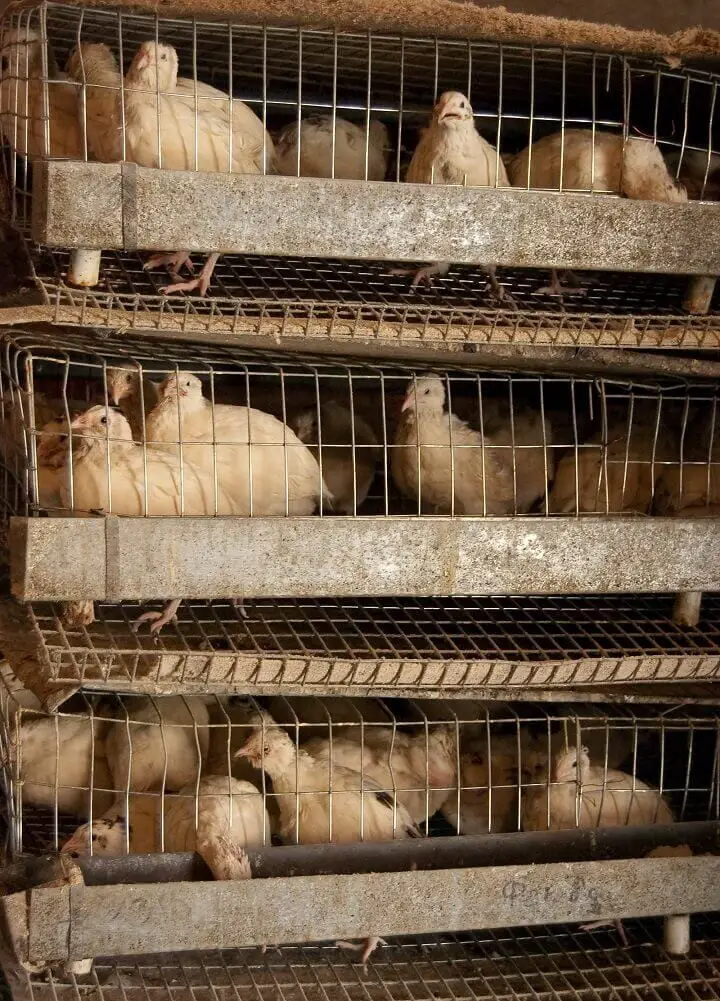
4. They're Easy to Raise for Meat
Raising quail for meat is a great idea and easier than raising chickens for meat. You won’t get as much meat from a quail as you would a chicken or duck, but due to their fast growth pattern, it’s possible to raise a lot of quail for meat.
How fast is fast?
On average, quail eggs hatch in 18 days. It takes seven weeks for quail to fully mature, so you can harvest them for meat at that point.
5. They Provide Tons of Eggs
Quail might be small, but when it comes to egg production, they are mighty. They start to lay eggs when they’re around seven weeks old, and the eggs are beautiful yet small.
Tiny is a better description for a quail egg.
They make up for the small egg size by laying an egg every single day. Quail are prolific, and the eggs taste similar to chicken eggs. Chances are your family will have no idea they’re eating quail eggs rather than chicken eggs.
6. They're Easy to Start-Up
Quail are one of the most affordable livestock to add to your backyard homestead. It only costs a few dollars to buy a few quail. They eat less than chickens, so they won’t eat your budget.
Does any of this sound appealing to you? Probably so!
What You Need to Raise Quail
Once you decide to raise quail, you have to figure out the equipment needed. Here are some things you need to have.
Housing
Some quail owners prefer to use cages rather than coops; cages keep them safe from predators but feel free to design a predator-proof coop. The birds need one square foot of space at a minimum per bird.
Free-ranging your quail is not an option. First, they are an easy meal for numerous predators, including local cats. However, quail thrive in confined spaces, and they're skittish by nature. They want protection.
If you want your quail to have grass and the feeling of being free-range, consider using a mobile pen, similar to what you might use for chickens. Another option is to use a ground pen, allowing the quail to enjoy grass and foraging like they do in nature.
Ideally, the cage or coop needs a flight pen or someplace that the quail can fly upward and have fun. They also like to hide, so consider adding hiding spaces such as hollow logs.
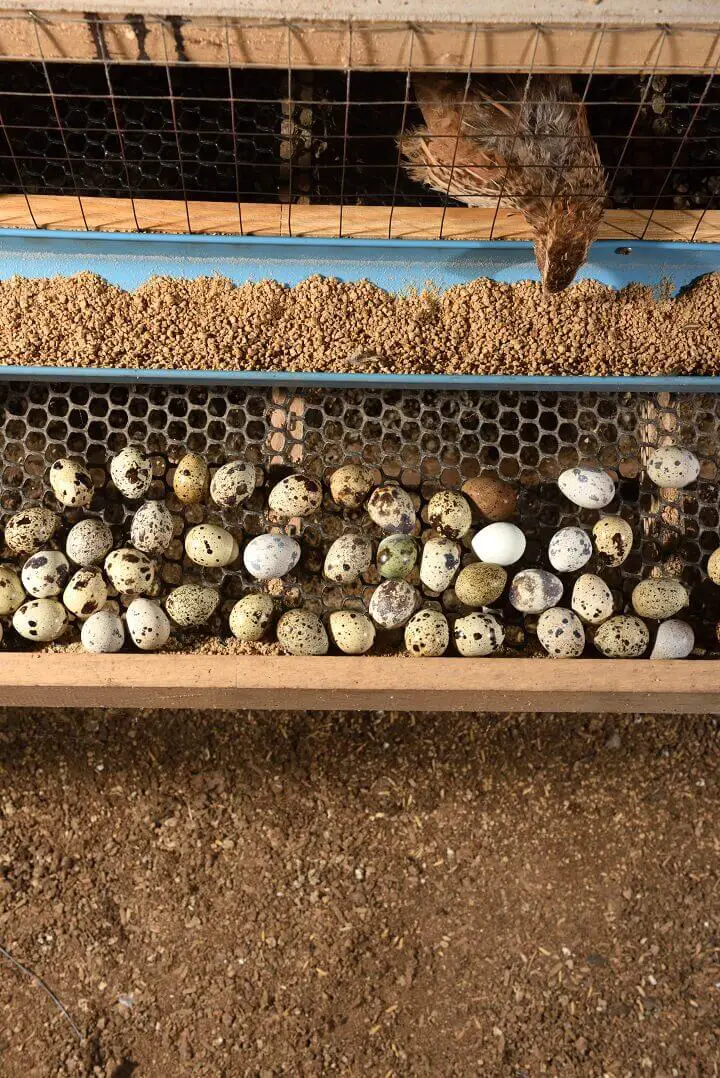
Feeders & Waterers
Like chickens, quail need feeders and waterers as well. Buy a feeder designed for quail; they have a smaller opening that prevents messes. Quail feeders work in a coop or a cage.
Drinking fountains work for quail, but make sure it’s elevated. Quail forage inside of their housing, and they love to play, so if it’s on the ground, they’ll get dirt and feed in their water.
Young quail need pebbles at the bottom of their waterer. It prevents them from drowning – remember their small size!
Many quail owners love automatic or nipple waterers. They keep the housing area clean and prevent spills.
Bedding
Their housing needs some bedding. The most popular choices are pine shavings, corn cob husks, or sawdust.
Nesting Boxes
Remember, quail start to lay eggs when they’re seven weeks old, so you’ll need nesting boxes quickly. Quail hens use nesting boxes just like chickens, but it doesn’t always mean they’ll use them.
What to Feed Quail
Quail are easy to feed; they’re omnivores, so they eat anything. Most of their diet consists of seeds and grains, but they’re known to eat plants, worms, and bugs.
Some try to feed their quail chicken feed, but that feed isn’t meant for wild game birds. The best food for quail is game bird feed because it includes the extra protein that they need. The extra protein helps quail have more energy. Most farm and fleet stores sell commercial game bird feed alongside chicken feed.
Game bird feed comes in three options: crumble, mash, and pellets. Quail handle crumbles the best. Mash tends to create a larger mess, and pellets are too large for their stomachs.
What Should You Not Feed Quail?
Quail aren’t picky, so you need to make sure you feel them the right things. They love treats like celery, eggs, sunflower seeds, peas, broccoli, and radishes. It’s safe to give them anything from your garden.
Some foods that you shouldn’t feed quail include:
- Avocado
- Caffeine
- Grape Seeds
- Rhubarb
- Uncooked Potatoes
- Citrus Fruits
Frequently Asked Questions about Raising Quail
Deciding to raise a new animal is a big decision, so don’t make it lightly. Here are some common questions that potential quail owners have.
Are Quail Worth Raising?
It depends on why you want to raise quail. Some people want to raise quail simply as another addition to their homestead that provides a food source and a bit of beauty.
If you want to make a profit while raising quail, here is what you need to consider.
If you have to invest hundreds of dollars into the infrastructure to raise quail, you'll need a large quantity to make a real profit. Quail eggs sell between $3-10 per dozen, depending on where you live. If you raise a rarer breed and sell the eggs for hatching, they'll fetch closer to $20 per dozen.
In most states, selling quail meat will require a lot of paperwork that seems too cumbersome for most homesteaders. If you’re satisfied with the price per dozen, then quail is worth raising.
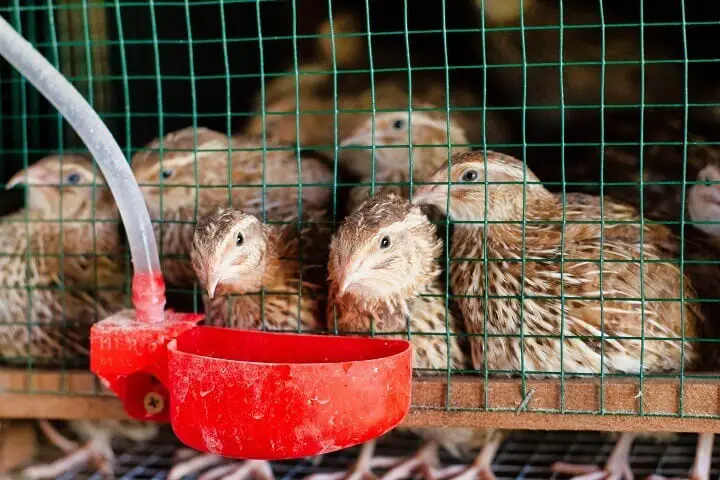
Are Quail Hard to Raise?
Most consider quail easier to raise than chickens, ducks, or rabbits. They require less space and work, and they’re quieter. Quail don’t eat as much, but that doesn’t mean raising quail has no challenges.
Here are some of the top complaints about quail.
1. They Poop Tons
Don’t let their size fool you. These little birds poop a lot. Unfortunately, their poop has to be composted like chicken manure before using in your garden. They’ll generate a lot of waste, and you have to figure out what to do with it all.
2. Lots of Cleaning
You need to change their bedding often. It's best to have a temporary cage for your quail when you deep clean their cages or coop.
3. Little Bullies
Most people never expect quail to be vicious, but they are. They are cruel to each other at times, and if they draw blood, the entire flock attacks the weak one.
Can You Raise Quail with Chickens?
It's fine to have chickens and quail in the same backyard, but they need to be separate. Chickens are too large to keep with quail safely, and they love to free-range if possible; quail need a run for their protection and be confined. If quail fly, they won't return.
Final Thoughts
If you’re looking for something new to raise in your backyard, consider raising quail. They require less space, lay tons of eggs, taste great, and are easier to raise than chickens or ducks. Now you know why so many homesteaders are turning to quail.
Like this post? Don't Forget to Pin It On Pinterest!
You May Also Like:



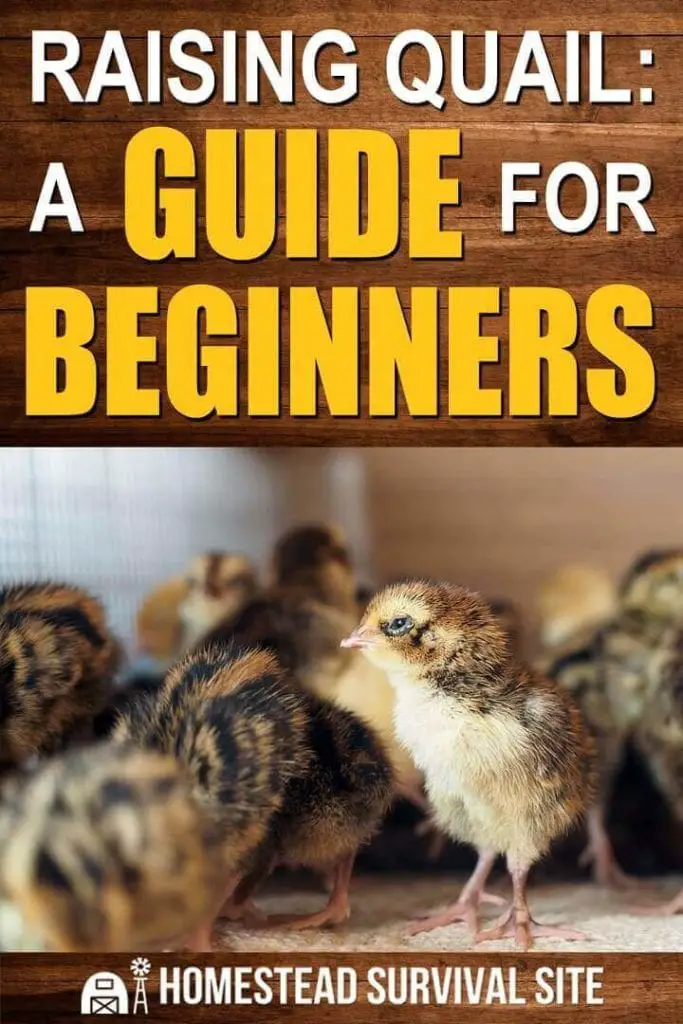



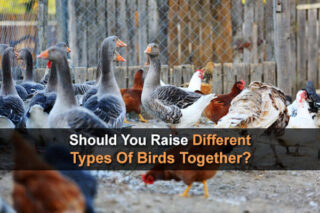

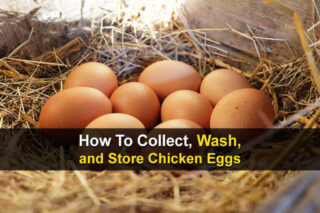
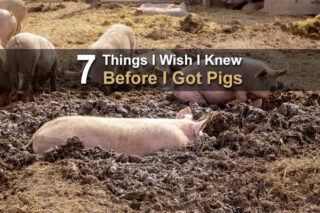

Quail seem interesting. What seeds can they eat?
Pretty much the same that chickens eat, just mixed to a higher protein level.
I couldn’t find a local game bird feed, when I had my quail, so I fed them a good quality non-GMO chicken starter, mixed 50/50 with ground in-shell sunflower seeds.
I got that advice from an old timer, who had raised quails for years, and mine did fine.
Getting a food quality game bird mix, preferably organic, is a better option in the long run.
Good luck!